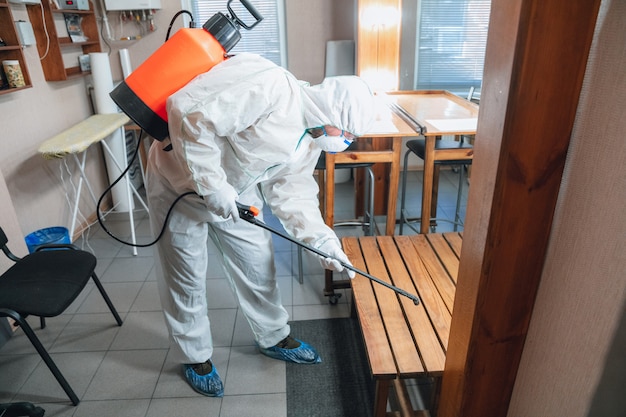
Eco-Friendly Pest Solutions for Rodent Control in Louisville
Louisville, known for its vibrant culture and rich history, is not exempt from the challenges posed by rodents. These pests not only cause structural damage but also pose health risks to residents. As concerns about environmental sustainability grow, many are seeking eco-friendly methods for rodent control. This article explores various sustainable pest control solutions that can be implemented in Louisville, offering a balance between effectiveness and environmental responsibility.
Understanding the Importance of Eco-Friendly Pest Control
The move towards eco-friendly pest control is driven by several factors:
- Environmental Protection: Traditional pest control methods often involve chemicals that can harm the environment. Eco-friendly solutions minimize this impact.
- Health Concerns: Organic and natural pest control methods reduce the risk of exposure to harmful chemicals for humans and pets.
- Long-term Solutions: Sustainable practices often focus on prevention, leading to long-term pest control success without constant intervention.
Those interested in understanding the broader implications of eco-friendly pest control can read more about this topic.
Eco-Friendly Rodent Control Techniques
Prevention and Exclusion
Prevention is the first line of defense in eco-friendly rodent control. This typically involves:
- Sealing Entry Points: Inspect homes and buildings for gaps, cracks, and other potential entry points for rodents. Sealing these effectively stops rodents from entering.
- Proper Sanitation: Keeping areas clean and free of food debris reduces attractants for rodents.
- Landscaping Management: Trimming trees and shrubs that are close to structures can deter rodents from gaining access to roofs and upper levels.
To explore further insights into these preventive measures, find additional information here.
Natural Repellents
Natural repellents are a popular choice for those seeking a non-toxic approach. Some effective options include:
- Essential Oils: Oils such as peppermint and eucalyptus have been found to deter rodents. They can be applied around entry points and other strategic locations.
- Herbs: Planting certain herbs, like mint, around the home can act as a natural deterrent.
- Ultrasonic Devices: These devices emit sounds that are unpleasant to rodents but inaudible to humans.
Learn more in this detailed guide about integrating natural repellents into your pest control strategy by visiting this link.
Humane Trapping
For those who need to remove rodents humanely, live traps are an eco-friendly option. These traps capture rodents without harming them, allowing for relocation. Key considerations include:
- Placement: Traps should be placed in areas where rodent activity is observed.
- Monitoring: Regular checks are necessary to ensure that captured rodents are released promptly and safely.
- Compliance: It's crucial to adhere to local wildlife regulations when relocating rodents.
For more information on humane trapping techniques, explore further insights here.
Benefits of Eco-Friendly Pest Control in Louisville
Eco-friendly pest control offers numerous benefits specific to Louisville:
- Community Health: Reducing chemical use supports a healthier community environment.
- Local Wildlife Protection: Eco-friendly methods help protect local wildlife populations from unintended harm.
- Sustainability: Incorporating sustainable practices supports Louisville's commitment to environmental stewardship.
Residents interested in how eco-friendly pest control can enhance their community can find additional information here.
Conclusion
Embracing eco-friendly pest solutions for rodent control in Louisville is a responsible choice that benefits both residents and the environment. With a variety of sustainable methods available, from prevention to humane trapping, residents can effectively manage rodent populations while supporting environmental health. For a comprehensive overview of eco-friendly pest control strategies, read more about this topic.